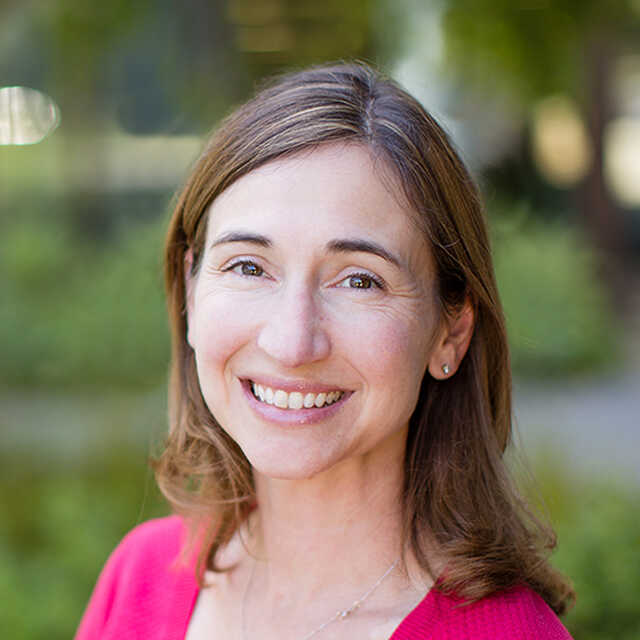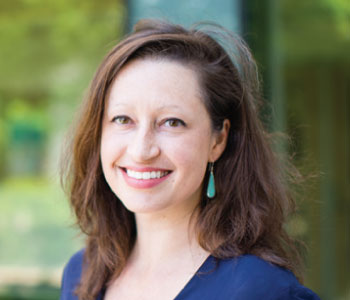 2022 Annual Clinical & Scientific Meeting
2022 Annual Clinical & Scientific MeetingFetal Exome Sequencing
Next generation sequencing (NGS) is one area of precision medicine that holds promise for the diagnosis and treatment of fetal congenital anomalies, genetic disorders and other complications of pregnancy. This technology allows UCSF clinicians and researchers to examine the exome and to better understand and treat fetal conditions.
The UCSF Center for Maternal-Fetal Precision Medicine is leading new advances in gene-based interventions for fetal care.
We are now able to offer exome sequencing to all eligible patients as part of our comprehensive care. Most cases of fetal physical anomalies are eligible.
Fetal Exome Sequencing Video
Watch Fetal Exome Sequencing (in Spanish)
Watch Fetal Exome Sequencing (in Mandarin)
Benefits of exome sequencing
- Thousands of genes can be analyzed at the same time, rather than testing one or a few genes at a time.
- Exome sequencing may identify or rule out specific treatments for a patient’s individual diagnosis (though exome sequencing does not always produce actionable findings).
- Results can provide information about the chance of recurrence of the same condition in another pregnancy, and allow for more accurate prenatal diagnosis in the future.
What is exome sequencing?
More efficient than tests that look at single genes one at a time, exome sequencing is a genomic technique for analyzing all the protein-coding regions of the genome. These regions are referred to as the exome. Focusing on this small portion (only 2 percent) is less expensive than sequencing the whole genome but still identifies a genetic diagnosis in many cases.
The goal of exome sequencing is to cast a wider net than is possible with specific gene panels, to more quickly identify genetic etiologies of diseases. Researchers at UCSF Benioff Children’s Hospitals are using exome sequencing to better understand the causes of fetal anomalies. The result may improve patient care.
Webinar: When Is Exome Sequencing Valuable in Prenatal Diagnosis?
View the webinar, with maternal-fetal medicine specialist, Mary E. Norton, MD, discussing genetic testing options, with a focus on when exome sequencing has value to families. Also, perinatologist, Teresa N. Sparks, MD, presents specifics on exome sequencing for nonimmune hydrops fetalis, caused by many single-gene disorders, plus a look at findings from her current NIHF study.
Prenatal exome sequencing at UCSF
Our center offers comprehensive genetic testing to patients when a prenatal ultrasound has shown fetal structural anomalies – visible physical differences – that could be due to a genetic disorder. Before scheduling any test, our genetic counselors review the options with each patient. Commonly available tests include cell-free DNA screening and chromosomal microarray analysis. Recently, specialists have found that when these tests don’t provide a diagnosis, exome sequencing often can. Exome sequencing is one of the most comprehensive genetic tests currently available, and we are pleased to offer this option to eligible women through our Fetal Treatment Center.
Exome sequencing is done at our UCSF laboratory, which allows interpretation of results by our multidisciplinary team and facilitates consultation with patients so that they can learn the meaning of any findings. When a patient’s test results are available, she meets with one of our genetic counselors and board-certified perinatal geneticists to go over the results and any implications for decisions on care.
Through the UCSF laboratory, our geneticists and genomic medicine specialists have provided and interpreted exome sequencing for hundreds of pregnant patients with fetal structural anomalies. We have found this comprehensive analysis of thousands of genes to be helpful to both our patients and our subspecialists in determining the best course of care in complex pregnancies. In about one in five cases, we find a gene variant – a genetic difference – that explains the ultrasound findings and helps us provide better counseling on managing the pregnancy, the delivery and the newborn’s care. The test results can also help us assess the likelihood that the same condition will affect future pregnancies.
Fetal Exome Geneticists
Kyle Heraty, LCGC
Genetic Counselor
Billie Lianoglou, MS, LCGC

Genetic Counselor
Mary E. Norton, MD

Perinatologist and Clinical Geneticist
Co-Director, Center for Maternal-Fetal Precision Medicine
Director, Division of Maternal-Fetal Medicine
Sarah Russell, LCGC

Genetic Counselor
Teresa Sparks, MD, MAS

Perinatologist and Clinical Geneticist
For more information contact the Fetal Treatment Center.